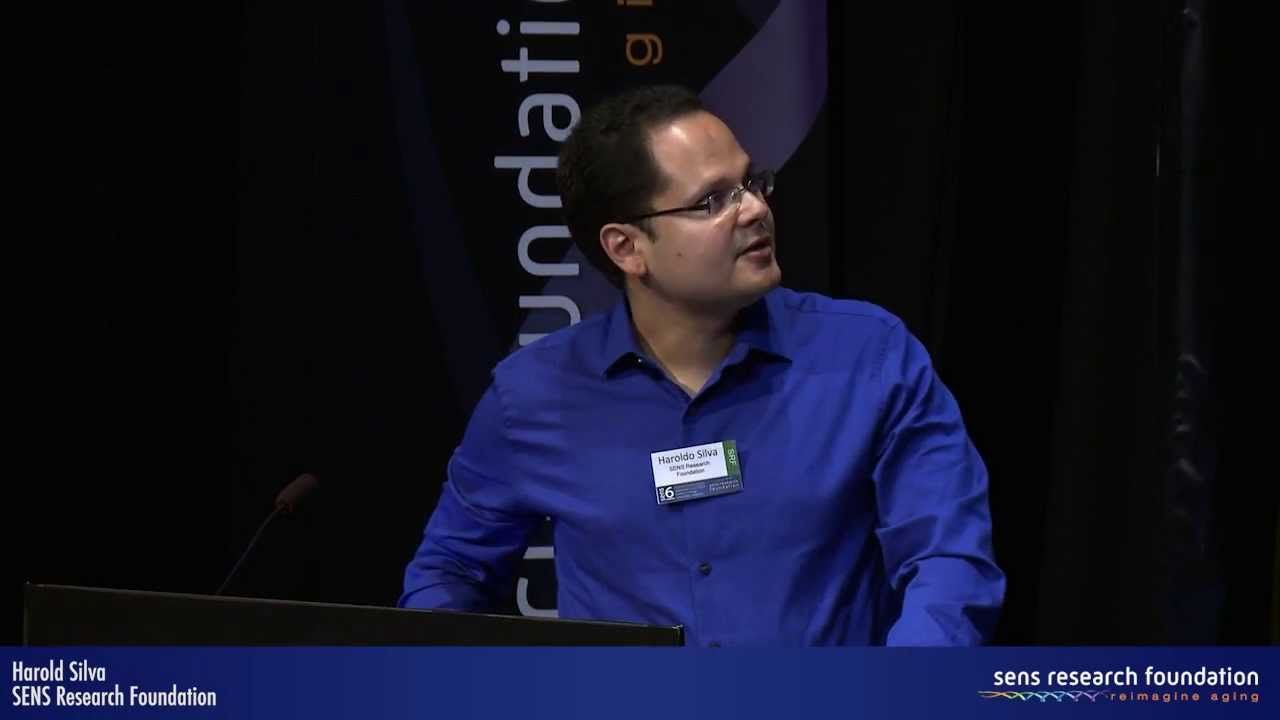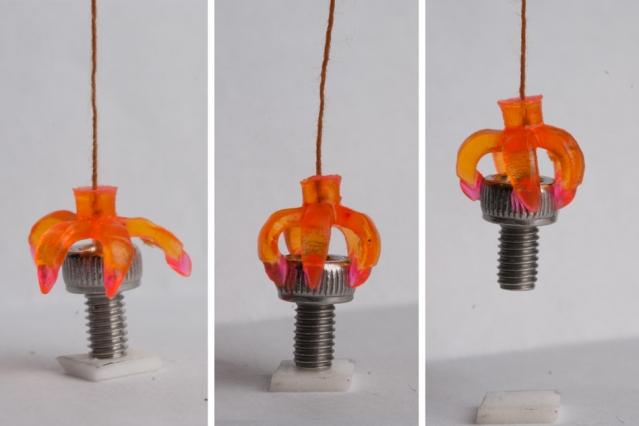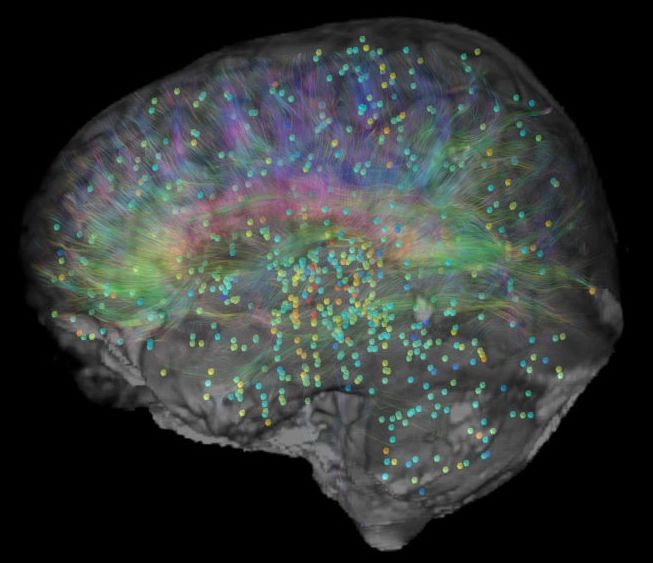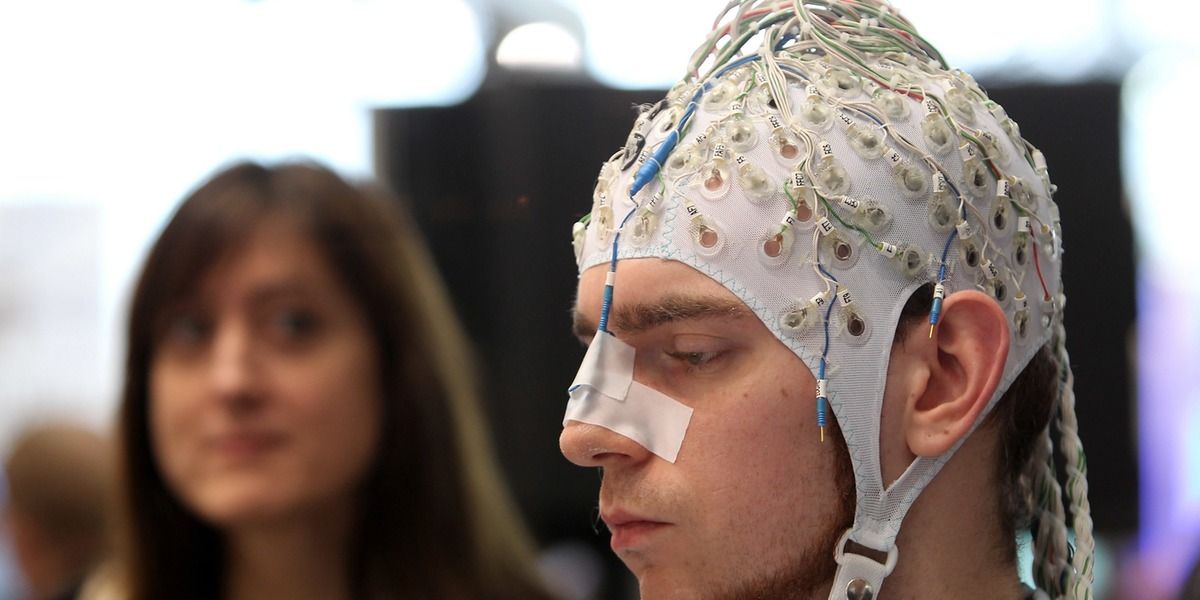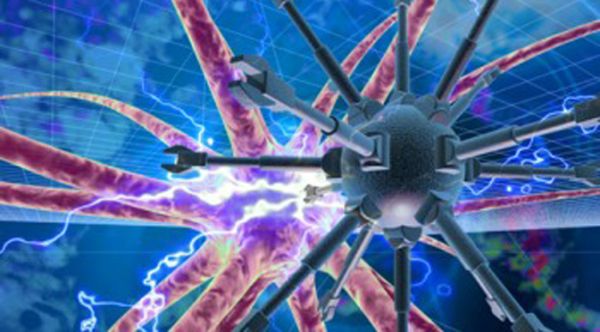Aug 28, 2016
How AI Will Redefine Love
Posted by Elmar Arunov in categories: biotech/medical, computing, finance, robotics/AI
Artificial intelligence is beginning to disrupt entire industries from finance to medicine. Yet the most revolutionary application has yet to arrive—and it’s an existential one.
As thinking machines become more integrated into our lives, we must expect a transformation in how we define what it means to be conscious; what it means to live and to die; and ultimately, what it means to love a non-human being.
These questions are artfully explored in the plot of the 2013 sci-fi film, Her, which tells the story of a man who falls deeply in love with an intelligent operating system. This OS, Samantha, is designed to evolve and adapt her personality to appeal to Theodore. She has a very human voice and provides constant empathetic support. As Samantha’s psychological and intellectual capacities grow, so does Theodore and Samantha’s love for each other.



